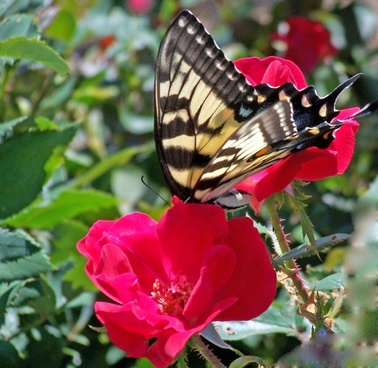Sent in by Robert – https://crev.info/2018/01/astronomical-theories-totally-wrong-upside/ … which concerns a couple of admissions that have already been aired on the News. Space exploration is throwing up all kinds of discoveries many of which contradict mainstream astronomical thinking. However, astronomers generally admit they are wrong – unlike some other fields of science. They have been proved wrong on many occasions over the last 40 years or so but they are out there in space finding out new things all the time – and testing theories. It is an exciting time for astronomers – not so much for cosmologists perhaps but astronomers, they are generally the kind of people with their feet on the ground. They are putting spaceships into ever more intriguing missions – and the skill and engineering involved is impressive. They are at the frontiers of science – and human inquisitiveness.
At the link they make a number of negative points (but nevertheless real) and one concerns the Juno mission to Jupiter. The discoveries made by this mission have overturned a lot of preconceived ideas – but this is what the mission is all about (to find out more information on the planet and its environs). Mainstream was wrong about the internal structure of Jupiter, about its atmosphere and its magnetosphere. We now have information that indicates the core is enormous in comparison with what was theorised before the mission. The same went with the Kepler Mission that found planets around other stars tend not to be random in size, as our planets, but fairly uniform (and regularly spaced like peas in a pod). An article in Nature on white dwarfs challenges mainstream theories and then we have the expansion of the universe. Recent calculations claim it is expanding faster than consensus opinion allowed.
At https://crev.info/2018/01/butterfly-evolution-flowers/ … is another negative take on the discovery that butterflies can be found in the fossil record before flowering plants – in the Jurassic. This might be more relevant as it might indicate the geochronology of the Jurassic is highly exaggerated and what is reckoned in millions of years might have been a lot less in reality.

